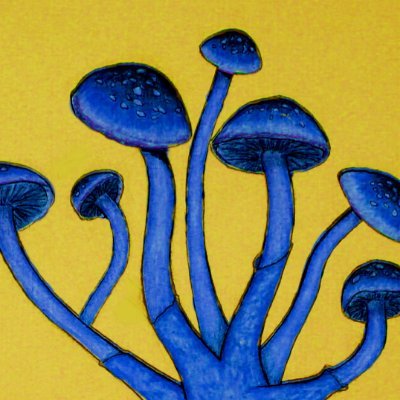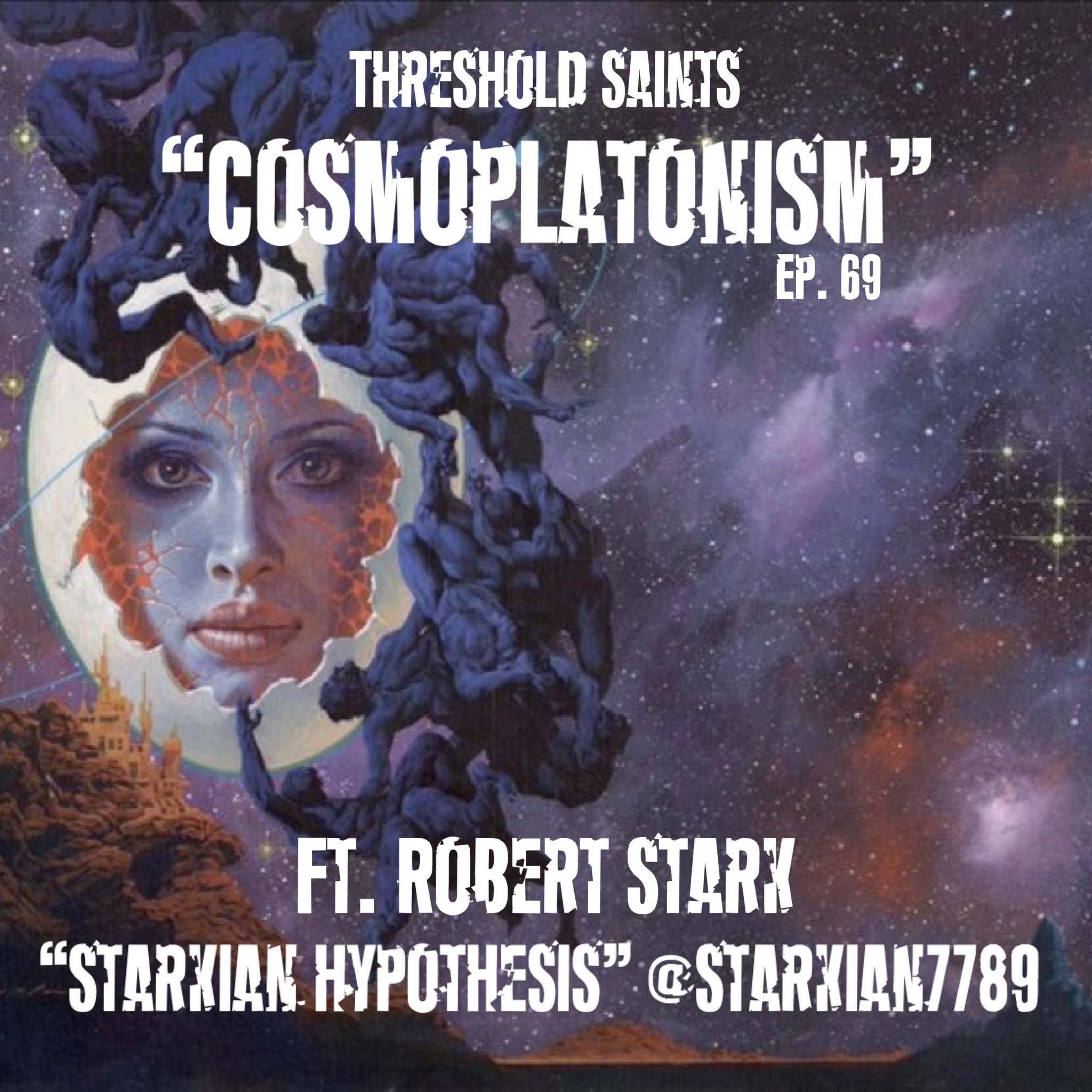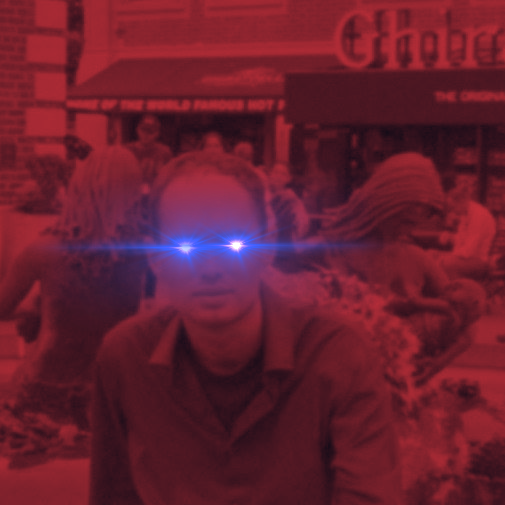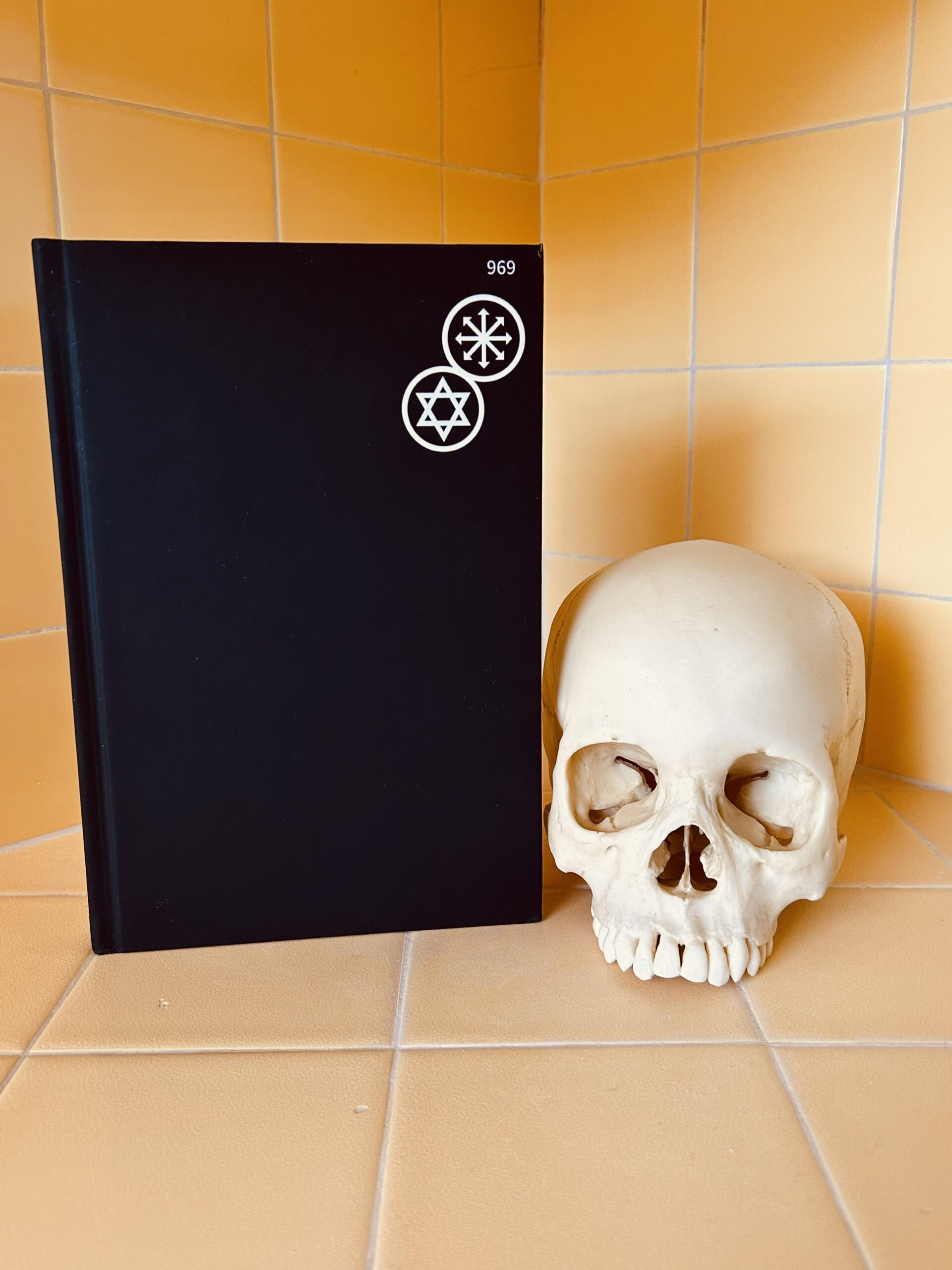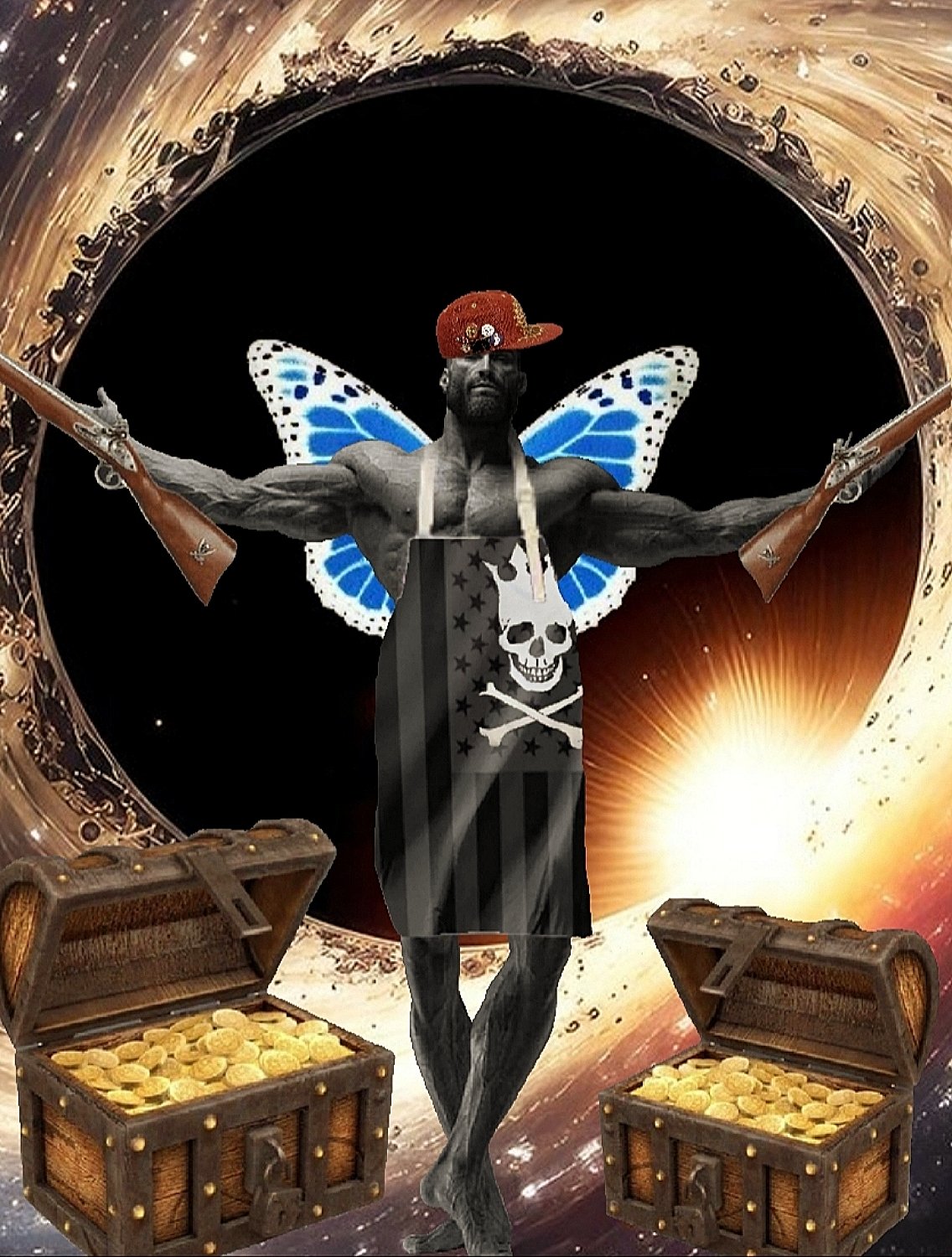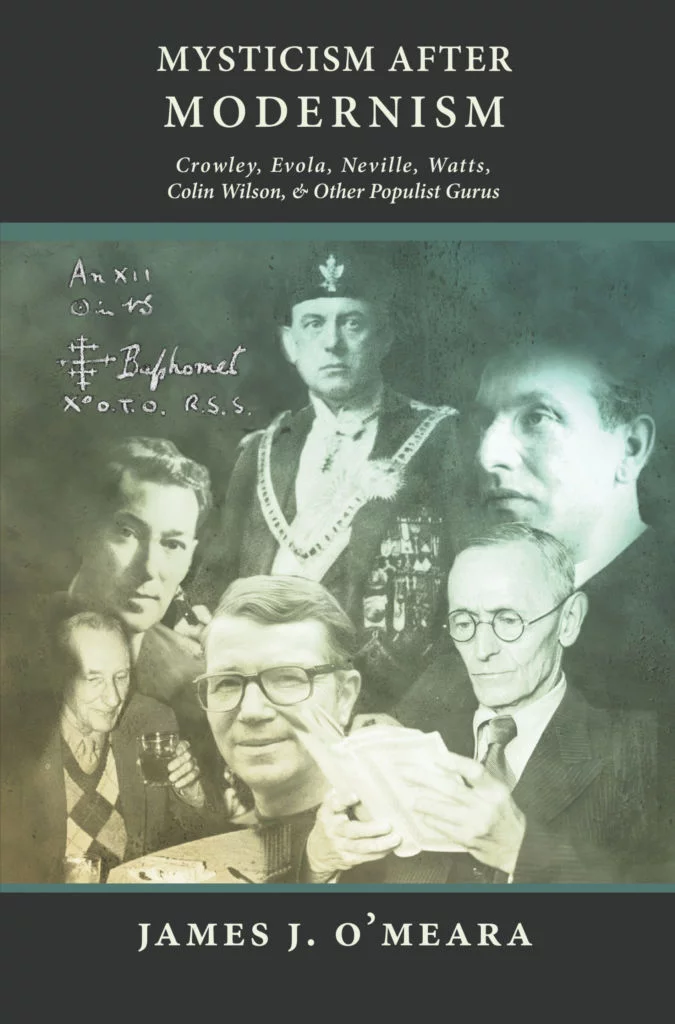Robert Stark speaks with New Zealand based author, Vincent Jamie McLeod of VJM Publishing about his religion, Elementalism, and ideology of alt-centrism. Vincent has a psychology degree from the University of Canterbury, is the author of numerous books including, Elemental Elementalism: The holy scripture of the religion of the Age of Aquarius, and has an upcoming book, The Alternative Centrism Manifesto that deals with issues like health, education, justice, and defense, which will be released in 2 years. Follow Vincent on Twitter.
Topics:
-How the term “massage” is pronounced in New Zealand
-How Vincent got into the occult due to becoming disillusioned with psychology
-How consciousness and the Divine are one and thus perfect
-How the meaning of life is entertaining the Gods and overcoming ignorance
-Near death experiences and Dr. Jeffrey Long’s research
-How NDE’s are similar to DMT trips
-How this world is a downward emanation or dream of the Divine
-How the Elementalist principle of entertaining the Gods overlaps with mainstream morality against unnecessary cruelty
-How Elementalist morality is more subjective than Abrahamic (eg. violence against an invader is morally sanctioned)
-A total rejection of atheist materialism, nihilism, and Abrahamic moral authoritarianism
-How Alt-Centrism is downstream from Elementalism
-Why Vincent rejects the notion that human nature is inherently flawed or sinful
-How the new Alt-Center ideology will have to address AI and automation
-How Alt-centrism fills the vacuum of the flawed existing 5 ideologies of the establishment and dissident lefts and rights, and the establishment center
-How Alt-Centrism takes and rejects aspects from all these ideologies (eg. establishment center is right about finding peace over endless conflict)
-How leftists operate under Abrahamic moral authoritarianism
-How to find balance between order, which leads to authoritarianism, and libertinism which leads to degeneracy
-Vincent’s support for Plato’s ideal of the philosopher king with support from the warrior caste while merchants and proles should be kept out of politics
-In contrast with hyper masculine Alt-Right and feminine Left, the Alt-Center supports an embrace of all gender archetypes
-How the Alt-Right is correct in its critique of the current system but comes short at offering solutions
-How the entire racial dichotomy from extreme ethnocentrism of right, colorblindness of center, and wokeness of left have failed
-How a proper approach to race starts with acknowledging observable realities
-Why k-selected peoples are more appreciative of beauty over utilitarianism
-Contrasting the Theosophical and Elementalist spiritual approach with the more materialist approach of human bio diversity
-Why politics exists because God dreams up everything as entertainment, which is what people want from politics
-How our low trust society is caused by materialism and rejecting the spiritual
-How pure consciousness is bliss and depression and anxiety can come from identifying with the physical
-How psychedelics introduced Vincent to spirituality
-How Elementalism is similar and different from Robert’s new religion of Cosmoplatonism
Click Here to download!
Checkout Robert Stark’s Facebook page, Twitter, Instagram, Stark Truth TV, novel Vaporfornia, and subscribe to his Substack.
